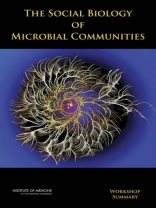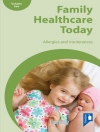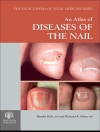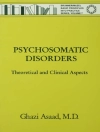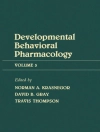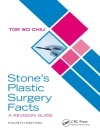Beginning with the germ theory of disease in the 19th century and extending through most of the 20th century, microbes were believed to live their lives as solitary, unicellular, disease-causing organisms . This perception stemmed from the focus of most investigators on organisms that could be grown in the laboratory as cellular monocultures, often dispersed in liquid, and under ambient conditions of temperature, lighting, and humidity. Most such inquiries were designed to identify microbial pathogens by satisfying Koch’s postulates.3 This pathogen-centric approach to the study of microorganisms produced a metaphorical "war" against these microbial invaders waged with antibiotic therapies, while simultaneously obscuring the dynamic relationships that exist among and between host organisms and their associated microorganismsonly a tiny fraction of which act as pathogens.Despite their obvious importance, very little is actually known about the processes and factors that influence the assembly, function, and stability of microbial communities. Gaining this knowledge will require a seismic shift away from the study of individual microbes in isolation to inquiries into the nature of diverse and often complex microbial communities, the forces that shape them, and their relationships with other communities and organisms, including their multicellular hosts.On March 6 and 7, 2012, the Institute of Medicine’s (IOM’s) Forum on Microbial Threats hosted a public workshop to explore the emerging science of the "social biology" of microbial communities. Workshop presentations and discussions embraced a wide spectrum of topics, experimental systems, and theoretical perspectives representative of the current, multifaceted exploration of the microbial frontier. Participants discussed ecological, evolutionary, and genetic factors contributing to the assembly, function, and stability of microbial communities; how microbial communities adapt and respond to environmental stimuli; theoretical and experimental approaches to advance this nascent field; and potential applications of knowledge gained from the study of microbial communities for the improvement of human, animal, plant, and ecosystem health and toward a deeper understanding of microbial diversity and evolution. The Social Biology of Microbial Communities: Workshop Summary further explains the happenings of the workshop.
Board on Global Health & Forum on Microbial Threats
Social Biology of Microbial Communities [EPUB ebook]
Workshop Summary
Social Biology of Microbial Communities [EPUB ebook]
Workshop Summary
Beli ebook ini dan dapatkan 1 lagi PERCUMA!
Bahasa Inggeris ● Format EPUB ● Halaman-halaman 632 ● ISBN 9780309264358 ● Penyunting Alison Mack & Eileen R. Choffnes ● Penerbit National Academies Press ● Diterbitkan 2012 ● Muat turun 3 kali ● Mata wang EUR ● ID 7144042 ● Salin perlindungan Adobe DRM
Memerlukan pembaca ebook yang mampu DRM
